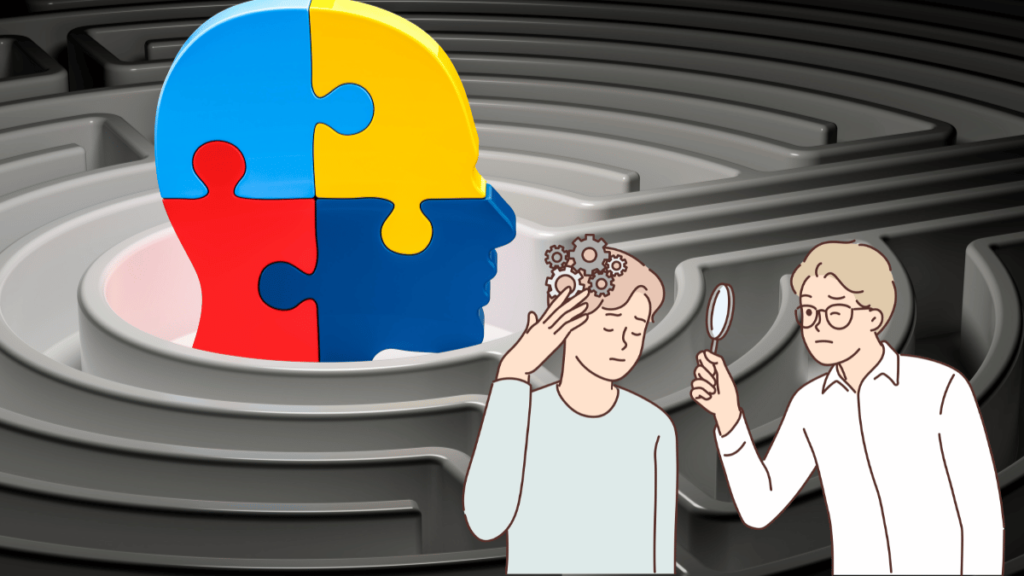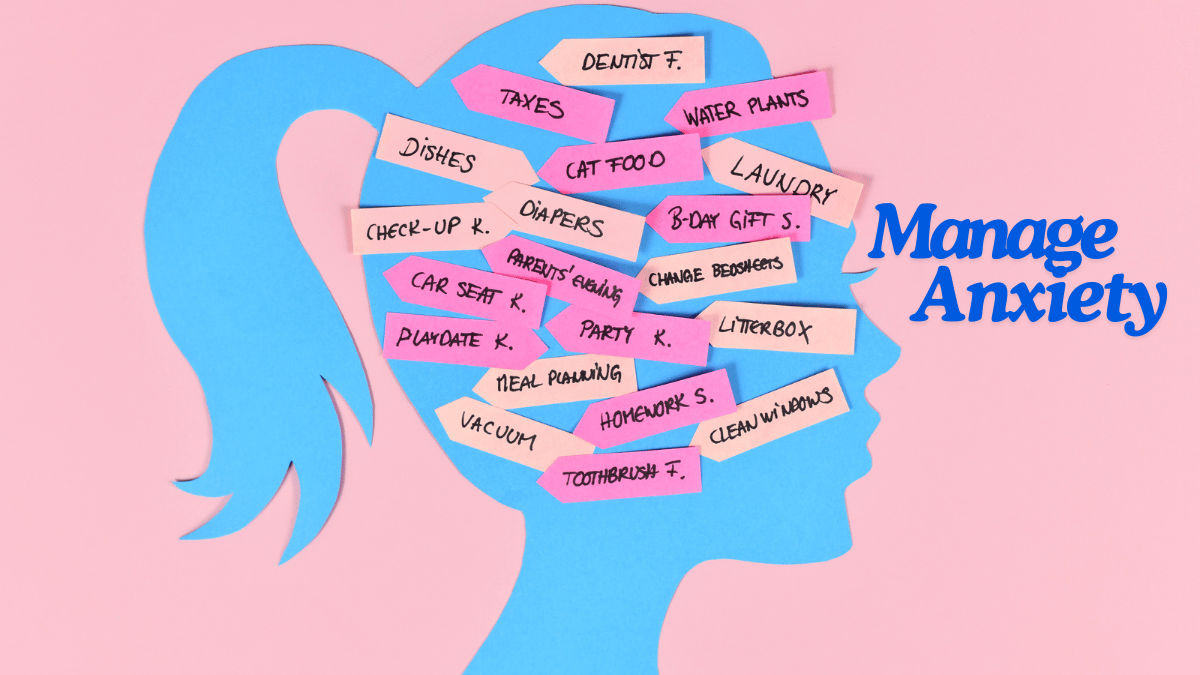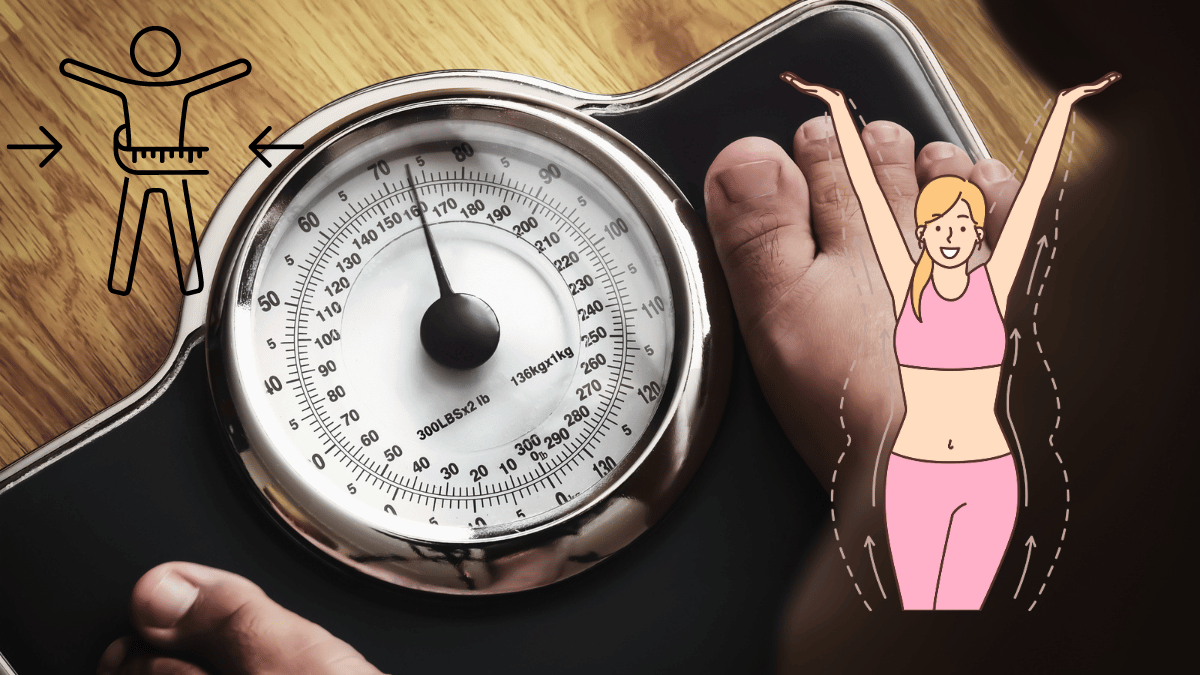Natural Strategies to Manage Anxiety
Mindfulness and Meditation Techniques
Mindfulness and meditation offer valuable methods for managing anxiety by helping you stay grounded in the present moment. Mindful breathing, for instance, encourages you to focus on your breath, observing its natural flow without trying to alter it. This simple practice can anchor your mind and alleviate stress.
Another technique is the body scan meditation, where you mentally scan your body from head to toe, noting any areas of tension or discomfort. Guided imagery can also be effective; it involves using audio recordings or apps that lead you through calming and serene mental landscapes, shifting your focus away from anxiety-inducing thoughts.
The Role of Exercise in Reducing Anxiety
Exercise is a proven strategy for alleviating anxiety. Engaging in physical activity helps release endorphins, which are natural mood enhancers that can elevate your overall sense of well-being.
Additionally, regular exercise helps reduce muscle tension that often accompanies anxiety, providing physical relief. It also contributes to better sleep quality, which is crucial since inadequate rest can exacerbate anxiety symptoms.
Incorporating activities such as walking, jogging, yoga, or cycling into your routine can make a significant difference in how you manage anxiety.
Nutrition and Diet Adjustments
Diet plays a crucial role in managing anxiety. Reducing caffeine and sugar intake can help minimize anxiety and jitteriness, as high levels of these substances can aggravate symptoms. Incorporating omega-3 fatty acids, found in fish, flaxseeds, and walnuts, into your diet can have a positive impact on mood and anxiety levels.
Maintaining a balanced diet that includes a variety of nutrients can support overall mental health and help manage anxiety more effectively.
The Importance of Sleep and Rest
Adequate sleep and rest are essential for managing anxiety. Poor sleep can heighten anxiety levels, making it harder to cope with stress. Establishing a regular sleep routine,
creating a restful environment, and practicing good sleep hygiene can significantly improve your overall well-being. Prioritizing restful sleep and incorporating relaxation techniques into your routine can help manage anxiety and enhance your quality of life.

Lifestyle Changes to Reduce Anxiety
Building a Support Network
Creating a strong support network is essential in managing anxiety effectively. This network typically includes friends, family, and possibly mental health professionals who provide emotional and practical support. It’s important to identify individuals in your life who are understanding and empathetic towards your situation.
Engaging in open communication about your feelings can foster deeper connections and provide the emotional backing you need. Joining support groups, either locally or online, can also be beneficial. These groups offer a platform to connect with others who share similar experiences, providing both a sense of belonging and valuable advice.
Additionally, participating in community activities or clubs can offer a distraction from anxious thoughts and create a supportive environment where you feel connected.
Time Management and Stress Reduction
Effective time management plays a crucial role in reducing stress and, consequently, anxiety. Organizing your tasks using planners, digital calendars, or task management apps can help you stay on top of deadlines and responsibilities.
Prioritizing tasks by breaking them down into smaller, more manageable steps can prevent you from feeling overwhelmed. Establishing a consistent routine that includes designated time for work, relaxation, and self-care can create a sense of structure and predictability, which is comforting and stabilizing.
Incorporating stress reduction techniques such as regular exercise, engaging in hobbies, and practicing mindfulness can help maintain balance and reduce the impact of stress on your mental well-being.
Setting Healthy Boundaries
Setting healthy boundaries is critical to managing anxiety and maintaining mental health. This involves learning to say no to additional commitments that you are unable to handle.
Recognizing your limits and prioritizing your own well-being is key. Clear communication is essential; it’s important to express your needs and limits to others assertively. Protecting your time and ensuring that your schedule includes breaks and activities that allow you to recharge can prevent burnout and reduce anxiety.
Establishing these boundaries helps to manage your workload and maintain a healthier balance between various aspects of your life.
Cognitive and Behavioral Techniques
Cognitive Behavioral Therapy (CBT) Techniques
Cognitive Behavioral Therapy (CBT) is a well-established approach for managing anxiety. It focuses on changing negative thought patterns and behaviors that contribute to anxiety. One of the core techniques involves identifying and challenging irrational or negative thoughts.
By recognizing these thought patterns and reframing them to be more realistic and balanced, you can reduce the intensity of your anxiety. Behavioral experiments, where you test the validity of your anxious thoughts through real-life situations, can also be useful.

For example, if you have a fear of public speaking, you might start by speaking in smaller, less intimidating settings to gradually build confidence. Exposure therapy, a component of CBT, involves gradually facing feared situations in a controlled manner, helping to reduce anxiety over time.
Additionally, incorporating mindfulness and relaxation techniques can support this process by helping you stay present and manage physical symptoms of anxiety.
Journaling and Self-Reflection
Journaling is a powerful tool for managing anxiety as it provides a space to process emotions and gain insights into your thought patterns. By regularly writing about your experiences, thoughts, and feelings, you can identify triggers and track your progress over time.
Keeping a gratitude journal, where you focus on positive aspects of your life, can shift your mindset and reduce anxiety. Engaging in self-reflection through journaling allows you to explore your reactions to various situations and understand your anxiety triggers more deeply.
This self-awareness is crucial for developing effective coping strategies and fostering personal growth.
Breathing Exercises and Relaxation Methods
Breathing exercises and relaxation methods can be highly effective in managing anxiety. Techniques such as deep breathing involve inhaling deeply through your nose, holding the breath for a few seconds, and then exhaling slowly through your mouth. This process helps calm the nervous system and reduce physical symptoms of anxiety.
Progressive Muscle Relaxation (PMR) involves tensing and then relaxing each muscle group in your body, which can alleviate physical tension and promote relaxation.
Guided imagery, where you mentally visualize calming and positive scenarios, can also be a helpful technique for reducing anxiety and improving overall mental state.
When to Seek Professional Help
Understanding when anxiety becomes unmanageable is crucial for seeking timely help. If anxiety persists and significantly interferes with your daily functioning or quality of life, it’s important to seek professional assistance.
Persistent and intense worry, avoidance of activities, or physical symptoms like insomnia or panic attacks that don’t improve with self-help methods are indicators that professional help might be necessary.
Recognizing these signs early can prevent worsening symptoms and support more effective treatment.
Conclusion
Managing anxiety without medication involves a multifaceted approach that combines lifestyle changes, cognitive and behavioral techniques, and, when necessary, professional support.
By building a supportive network, practicing effective time management, and setting healthy boundaries, you create a solid foundation for reducing stress and mitigating anxiety.
Cognitive Behavioral Therapy (CBT) techniques, journaling, and breathing exercises further equip you with practical tools to address negative thought patterns and physical symptoms of anxiety.
Recognizing when anxiety becomes unmanageable and seeking professional help is crucial. Therapies such as psychotherapy, mindfulness-based approaches, and Acceptance and Commitment Therapy (ACT) offer additional strategies to complement self-help efforts.
Integrating these therapies with personal strategies enhances the overall effectiveness of anxiety management.



